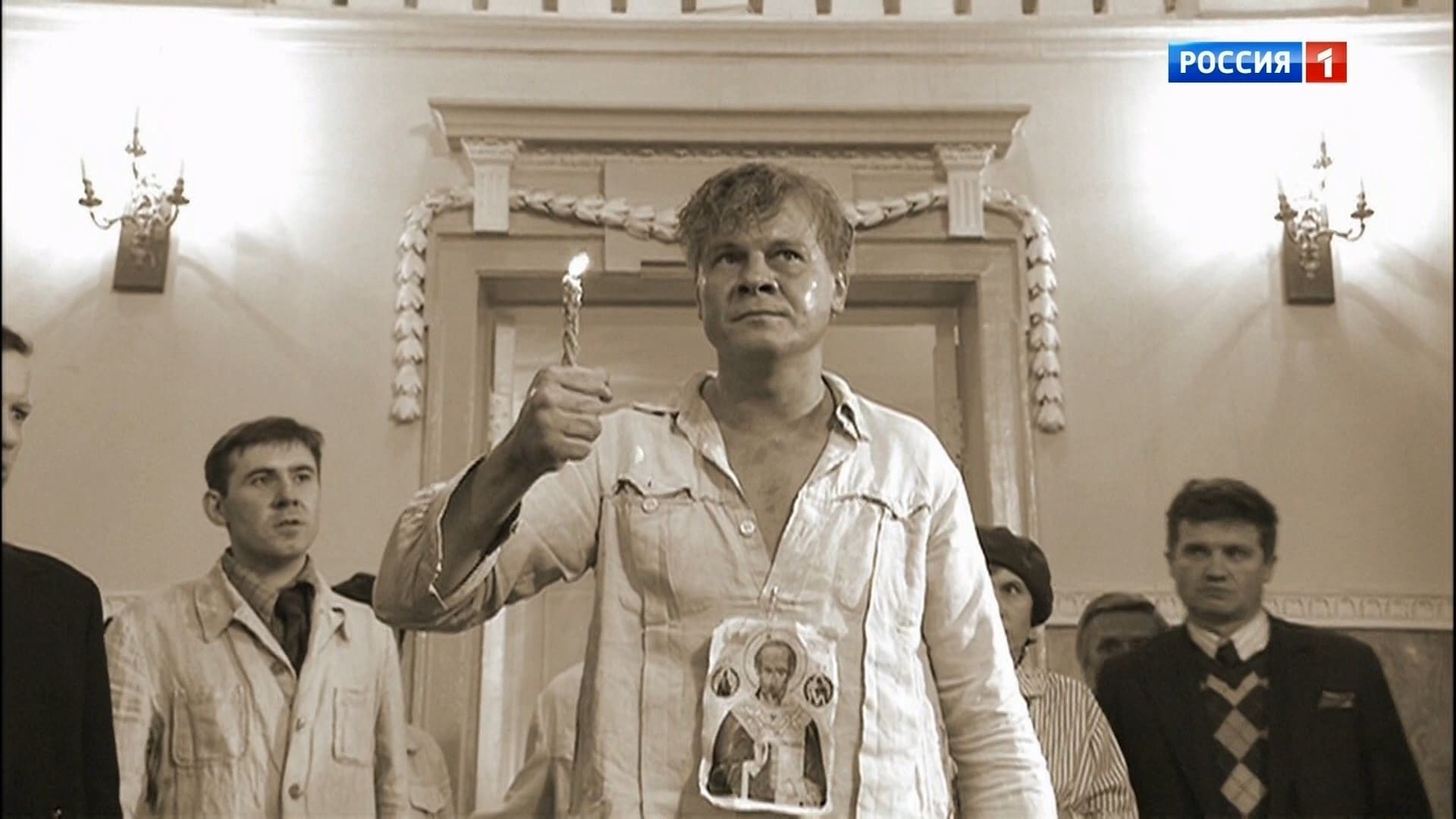


This Penguin Classics edition is translate with an introduction by so Richard Pevear and Larissa Volokhonsky, the acclaimed translators of Tolstoy’s Anna Karenina. ‘I protest!’ Behemoth exclaimed hotly.Mikhail Bulgakov’s The Master and Margarita is a fiercely satirical so fantasy that remained unpublished in its author’s home country for over thirty years. ‘Dostoevsky’s dead,’ said the citizeness, but somehow not very confidently. ‘Well, who knows, who knows,’ he replied. ‘You’re not Dostoevsky,’ said the citizeness, who was getting muddled by Koroviev. What more can you ask for a good read? It’s rare for me to find a book that I know would read more than once, partly because I just think that there are too many books out there and too little time. Critics also said that the book can be read on many different levels: slapstick, deep philosophical allegory, a socio-political satire of not just the Soviet system but also the vanity of modern life. The second is an occlusive interpretation where evil being is inseparable in our world, just like light and dark, one’s existence needs the other. The first was Bulgakov’s response to aggressive atheist propaganda that was spreading in the Soviet Union. This book has said to have several interpretations. One thing led to another and Ivan, who was deemed insane for running around Moscow half-naked declaring the devil was in town, was put in a mental asylum where he met Master, a writer that had turned his back from the world, including her lover, Margarita, after the rejection of his novel about Pontius Pilate (the second setting we read interchangeably with the Moscow setting). He came to Moscow with his disciples, Koroviev, Behemoth and Azazello. The strange professor is, indeed is the devil himself. He also saw a black giant tomcat lurking near the accident and he knew that the devil and his gang must be hunted down. Ivan, who witnessed the accident was sure that the professor is the devil. As he was crossing the street, he slipped in spillt oil just when a tram passed by. But then Berlioz got into an accident when he left the park (he was trying to get to a phone booth to call the police on the strange professor).

Naturally, the two men thought that the professor was a bit off in the head. “He simply existed, that is all.” ― Mikhail Bulgakov, The Master and Margarita “There is no need for points of view,” replied the strange professor. “You see professor,” Berlioz answered with a strained smile, “we respect your great erudition, but we ourselves maintain a different view on this question.” He predicted how Berlioz would die in a very casual way (“Your head will be cut off”). The professor said lots of funny things that the two men dismissed as one of foreigners eccentricities. When Berlioz explained that it is absolutely fine to declare to be an atheist in Russia, the professor became even more curious and excited. He seemed very interested and excited about the fact that both Berlioz and Ivan did not believe that Jesus ever existed. The foreigner claimed to be a historian professor visiting Russia for an academic purpose. The men didn’t believe that God existed, and as they were conversing, a foreigner who happened to sit next to them politely asked to join the conversation. They were in a park discussing Ivan’s latest poem and the discussion led to the existence of God. The story opens with two literary men, Berlioz the editor and Ivan the young poet. The first is Moscow in 1930s and the second is the Jerusalem of Pontius Pilate (he is the fifth governor of the Roman province from 26/27 – 36/37 CE and best know as the person who ordered Christ to be crucified). The story sets in two different settings. I really enjoyed it and found it hilarious/thought-provoking at the same time. In the past few years, I have come across enough fantasy and supernatural-themed literature to say that I enjoy the genre. The book combines supernatural elements, satirical dark comedy and Christianity. The Master and Margarita was written in the Soviet Union during Stalin’s regime and was censored a lot when it was first published. But shadows also come from trees and living beings.ĭo you want to strip the earth of all trees and living things just because of your fantasy of enjoying naked light? You’re stupid.” ― Mikhail Bulgakov, The Master and Margarita “But would you kindly ponder this question: What would your good do if evil didn’t exist, and what would the earth look like if all the shadows disappeared? After all, shadows are cast by things and people.


 0 kommentar(er)
0 kommentar(er)
